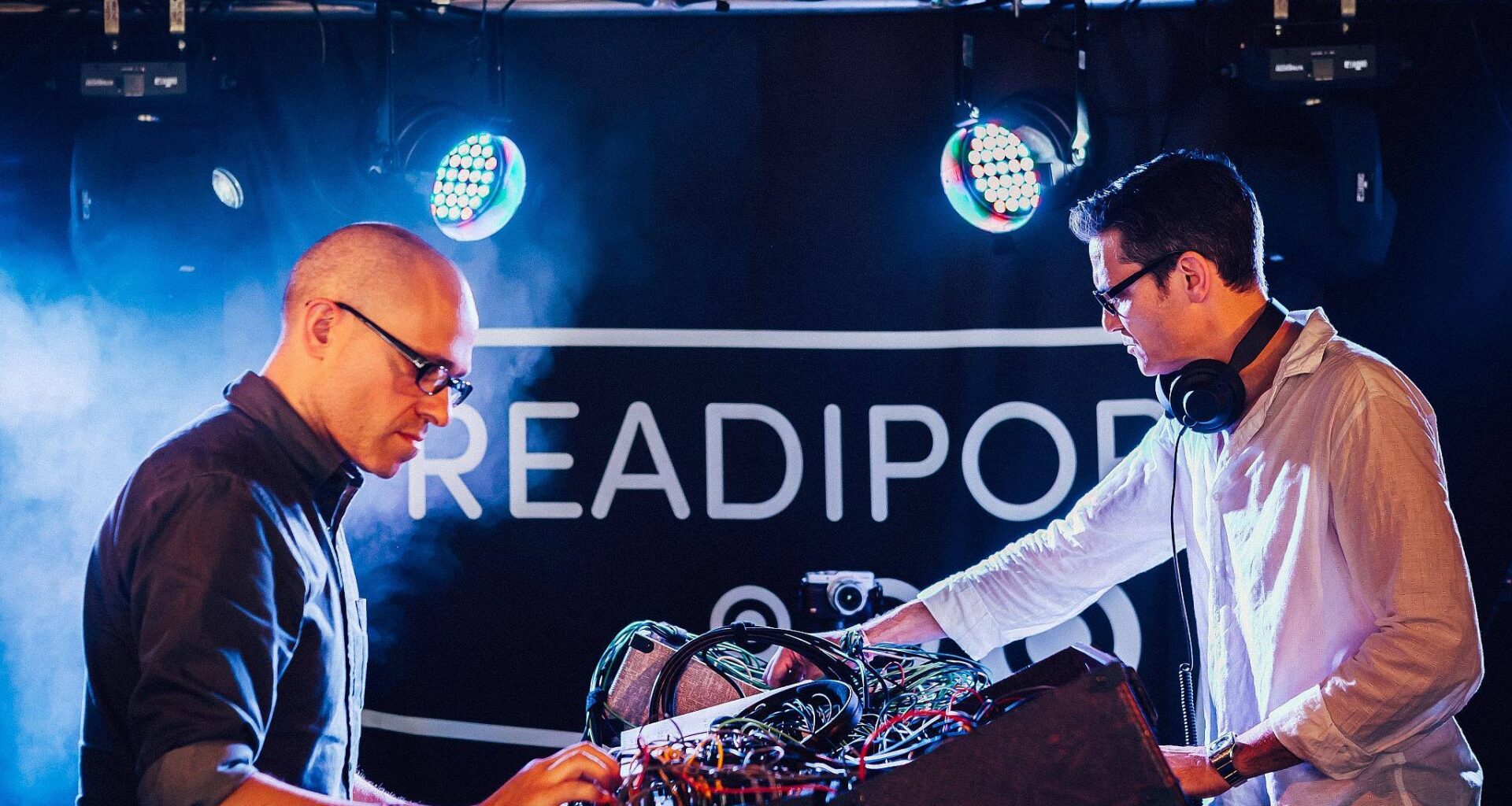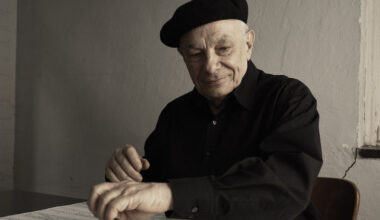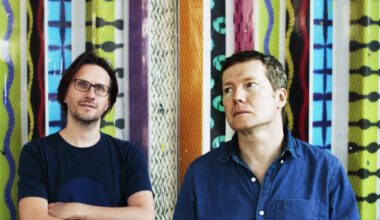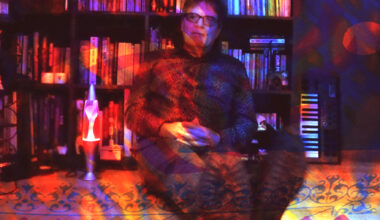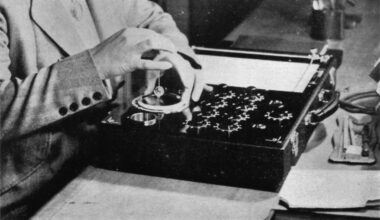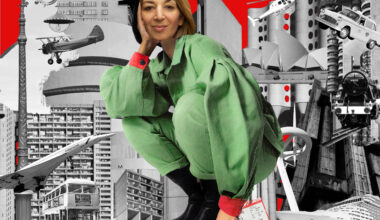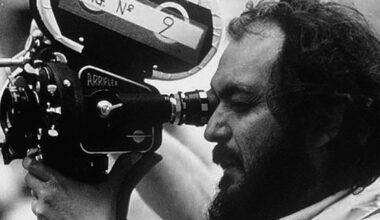In a world taking some distinctly dark turns, George Orwell’s ‘1984’ is starting to feel alarmingly prescient. Enter d’Voxx – Nino Auricchio and Paul Borg – whose officially sanctioned musical homage to the celebrated dystopian novel succeeds where David Bowie once failed
Want to read more?
Sign up to Electronic Sound Premium to gain access to every post, video, special offers, and more. 100%, all you can eat, no commitment, cancel any time.
Already a premium member? Log in here
